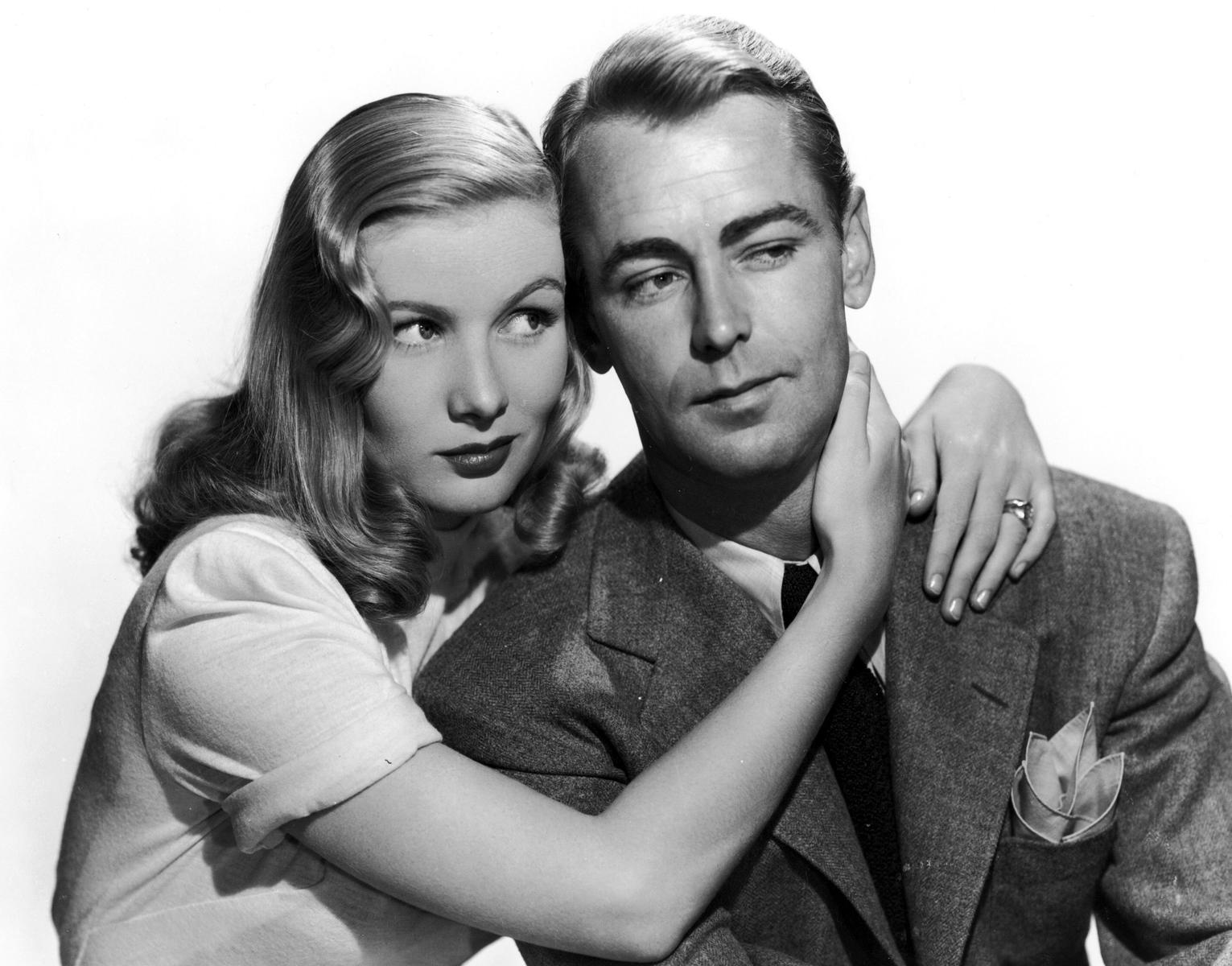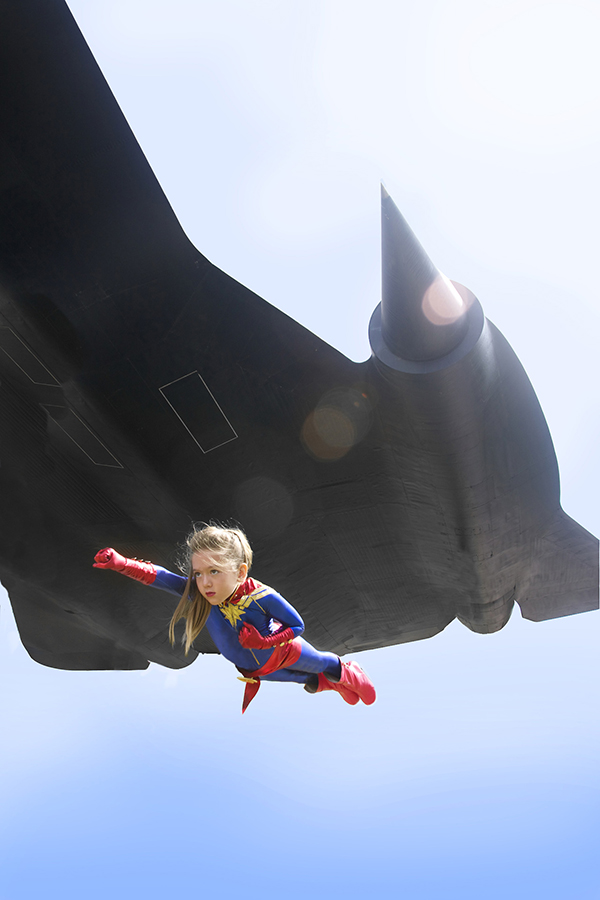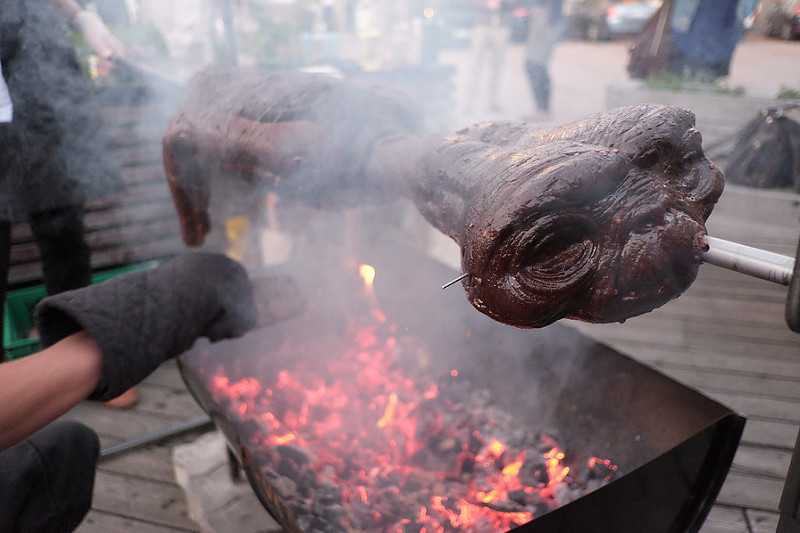Today in Movie Culture: Incredible Indian Versions of 'Star Wars' Music, 'E.T.' is Barbecued and More
Here are a bunch of little bites to satisfy your hunger for movie culture:
Re-Arranged Movie Score of the Day:
Watch and hear music producer Tushar Lall perform his Indianized versions of Star Wars music, including the score from The Force Awakens (via Reddit):
[embedded content]
Movie Parody of the Day:
Saturday Night Live takes on the God’s Not Dead franchise and controversial religious freedom laws in this fake trailer:
[embedded content]
Movie-Themed Cookout of the Day:
Some vegans made a life-size, meatless replica of E.T. and roasted him on a spit and then ate him to protest “the needs of eaters who seek a surrogate for the sacrificial and ritual aspects of convivial, meat-based, barbecues.” See more photos of the disturbing event at Geekologie.
Animated Franchise Recap of the Day:
Curious what the deal was with the three Hobbit movies but don’t have to watch them? Mashable animates the whole trilogy in less than three minutes:
[embedded content]
Vintage Image of the Day:
Veronica Lake and Alan Ladd in a publicity photo for the Oscar-nominated film noir The Blue Dahlia, which opened 70 years ago today:

Fan Theory of the Day:
Is Joy really the villain of Pixar‘s Inside Out? This video makes the case that she at least does more harm than good:
[embedded content]
Cosplay of the Day:
There’s no Captain Marvel movie yet, but when there is one can it be as adorable as this cosplay photo (via Live for Films)?

Reimagined Movie of the Day:
Mashable cut a trailer for Lincoln, inserting some clips from Abraham Lincoln: Vampire Hunter, to make it look like an old English language-dubbed kung fu movie:
[embedded content]
Filmmaker in Focus:
In anticipation of The Neon Demon coming out this summer, here’s a (NSFW) video on Nicolas Winding Refn‘s use of color, particularly red, blue and yellow, in his films (via Cinematic Montage Creators):
[embedded content]
Classic Trailer of the Day:
Today is the 20th anniversary of the release of Mystery Science Theater 3000: The Movie. Watch the original trailer for the movie, in which the gang watches This Island Earth, below.
[embedded content]
and



